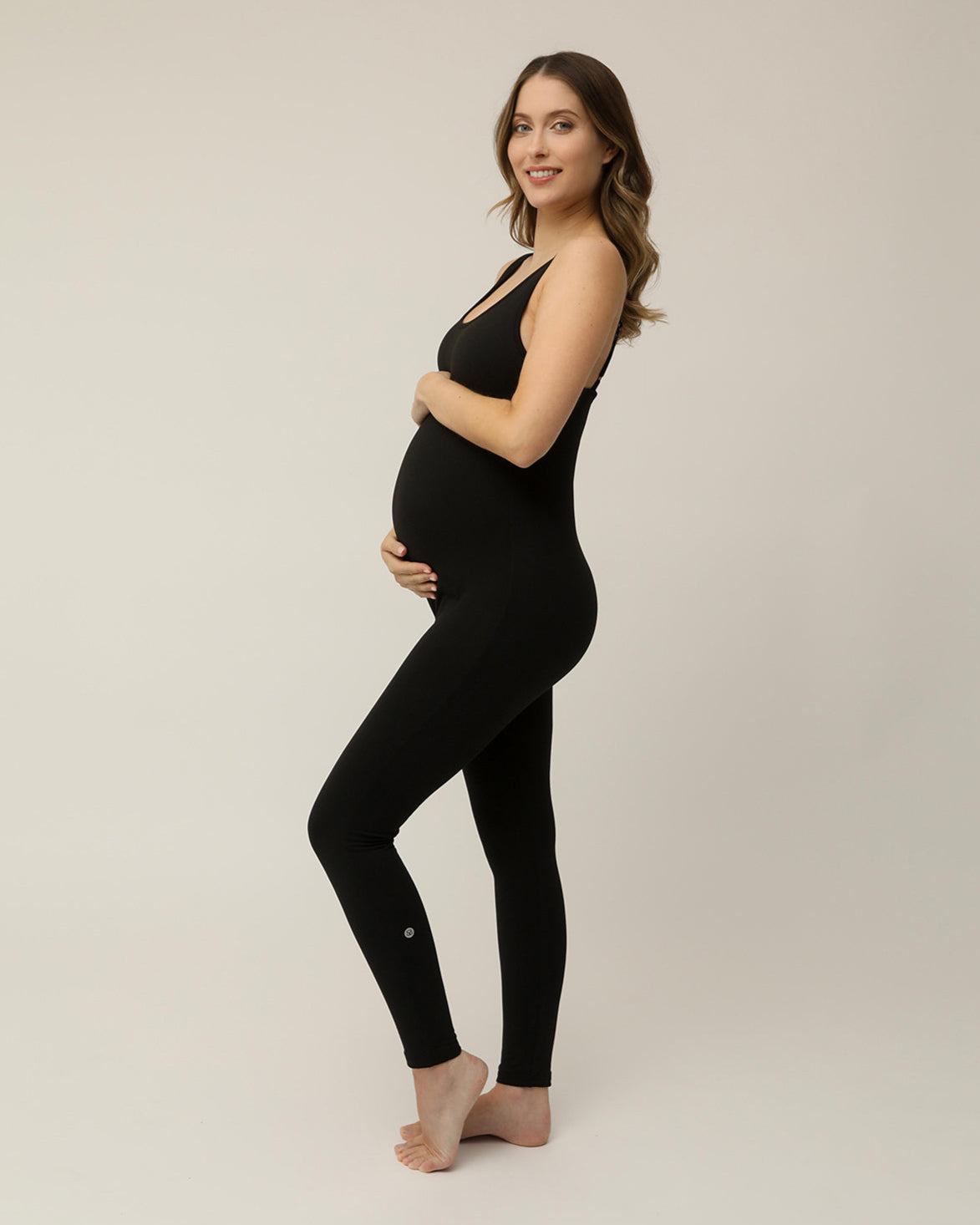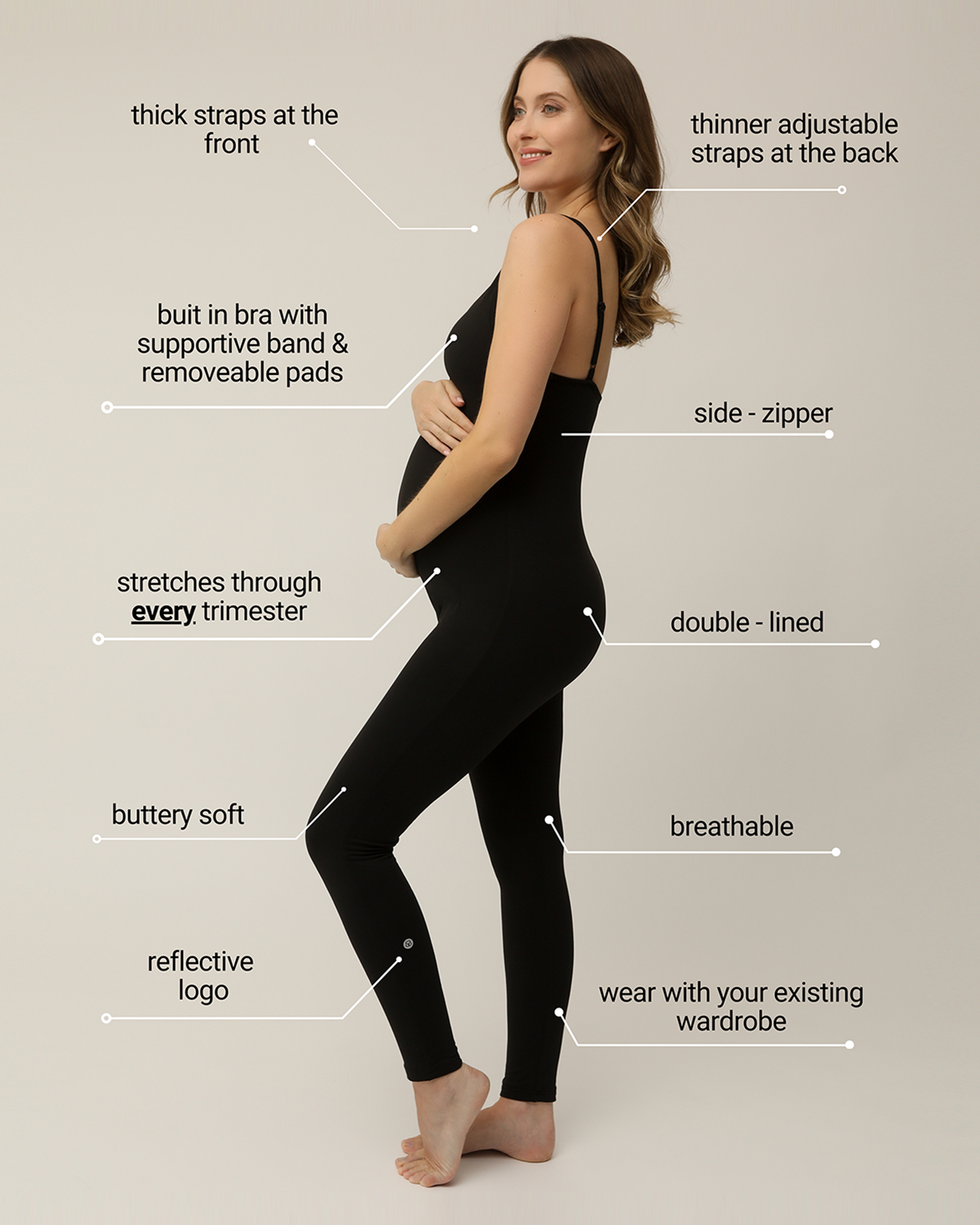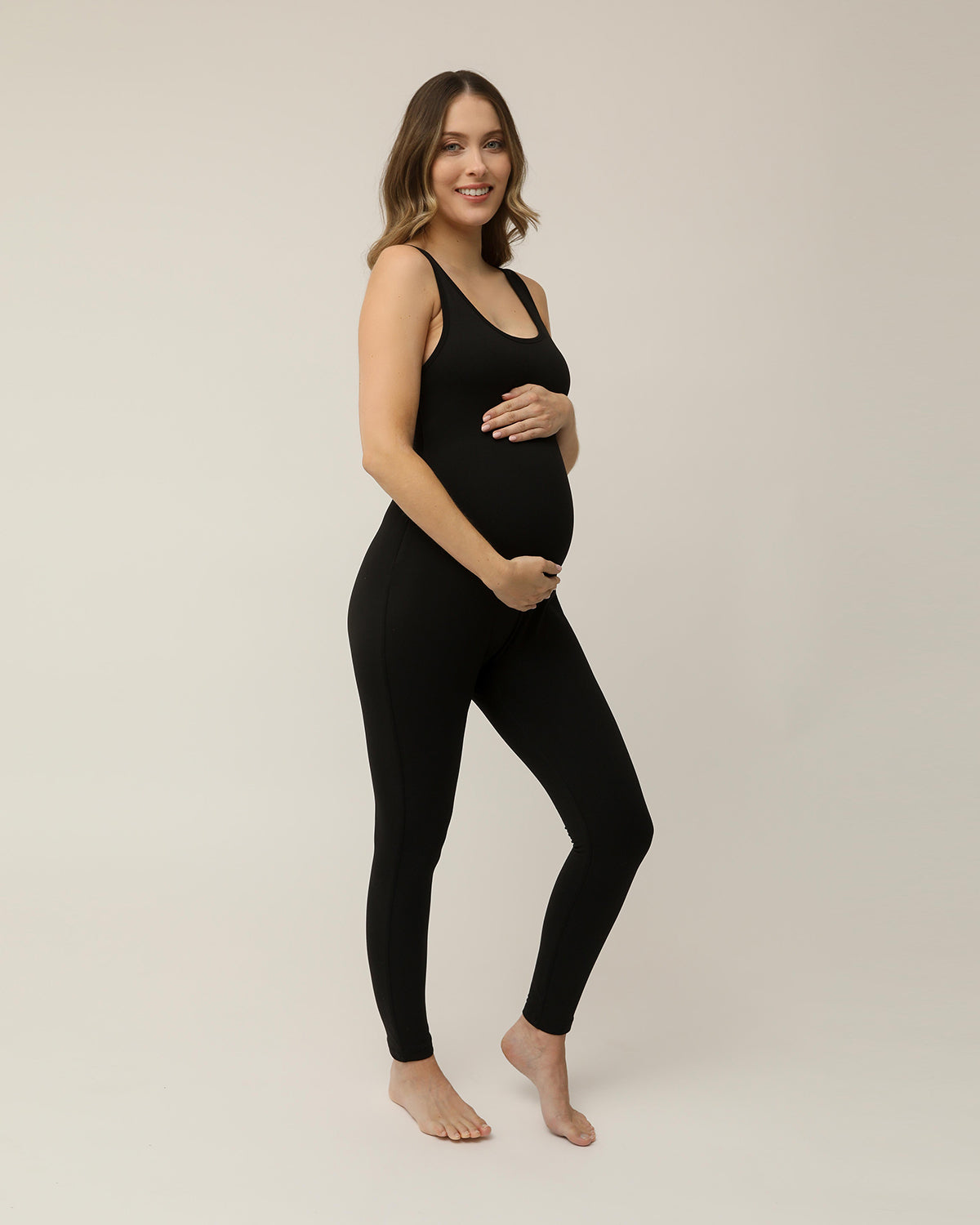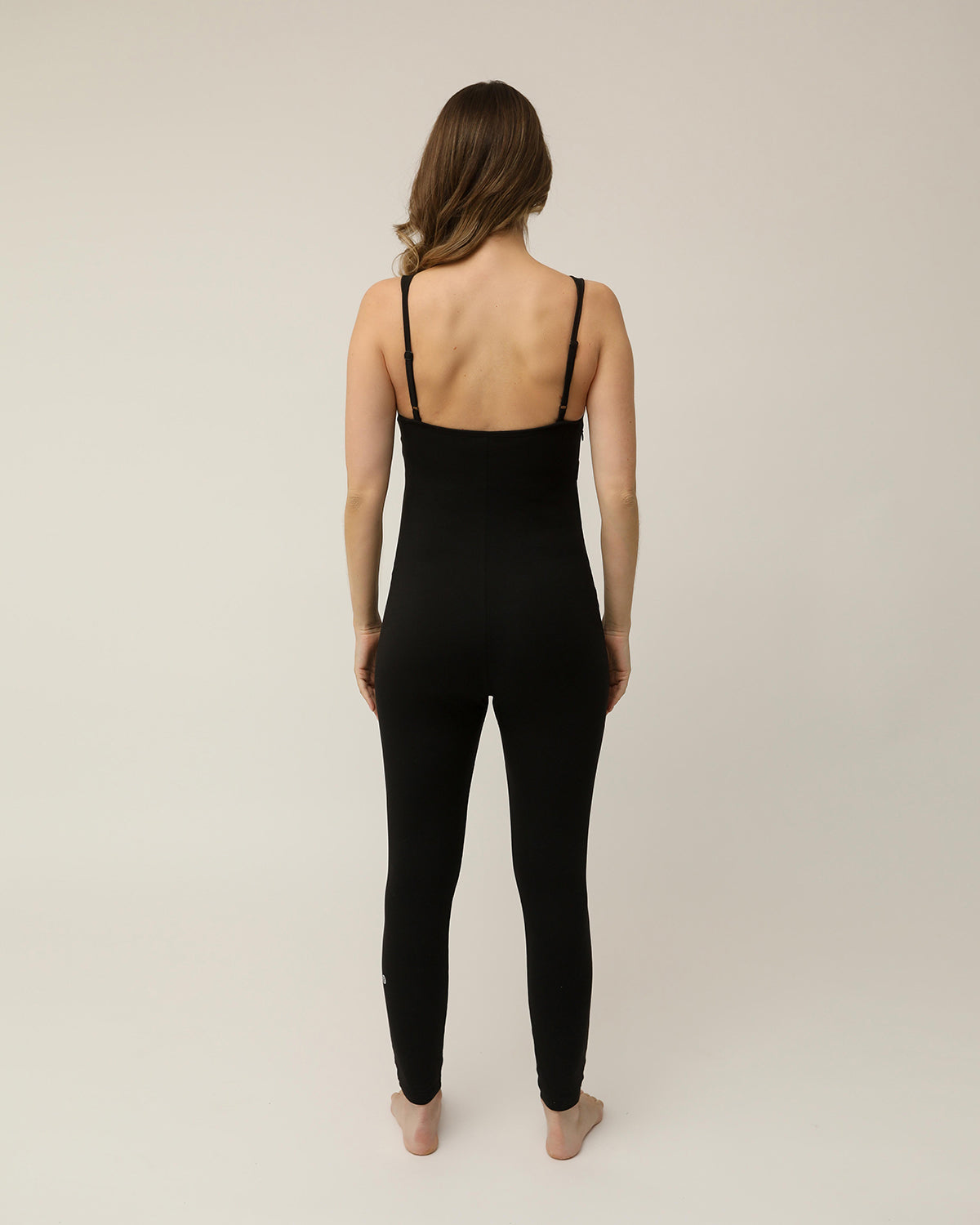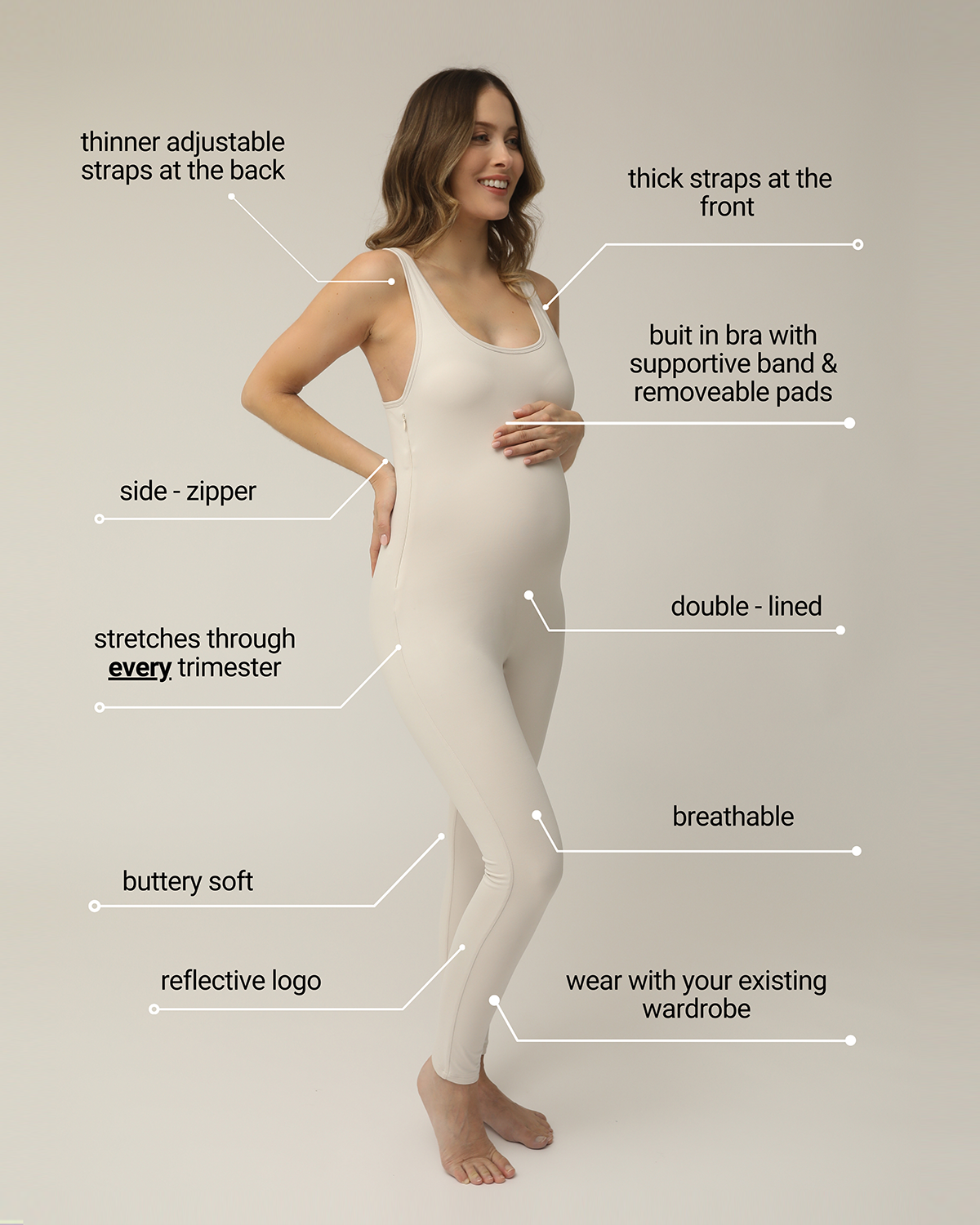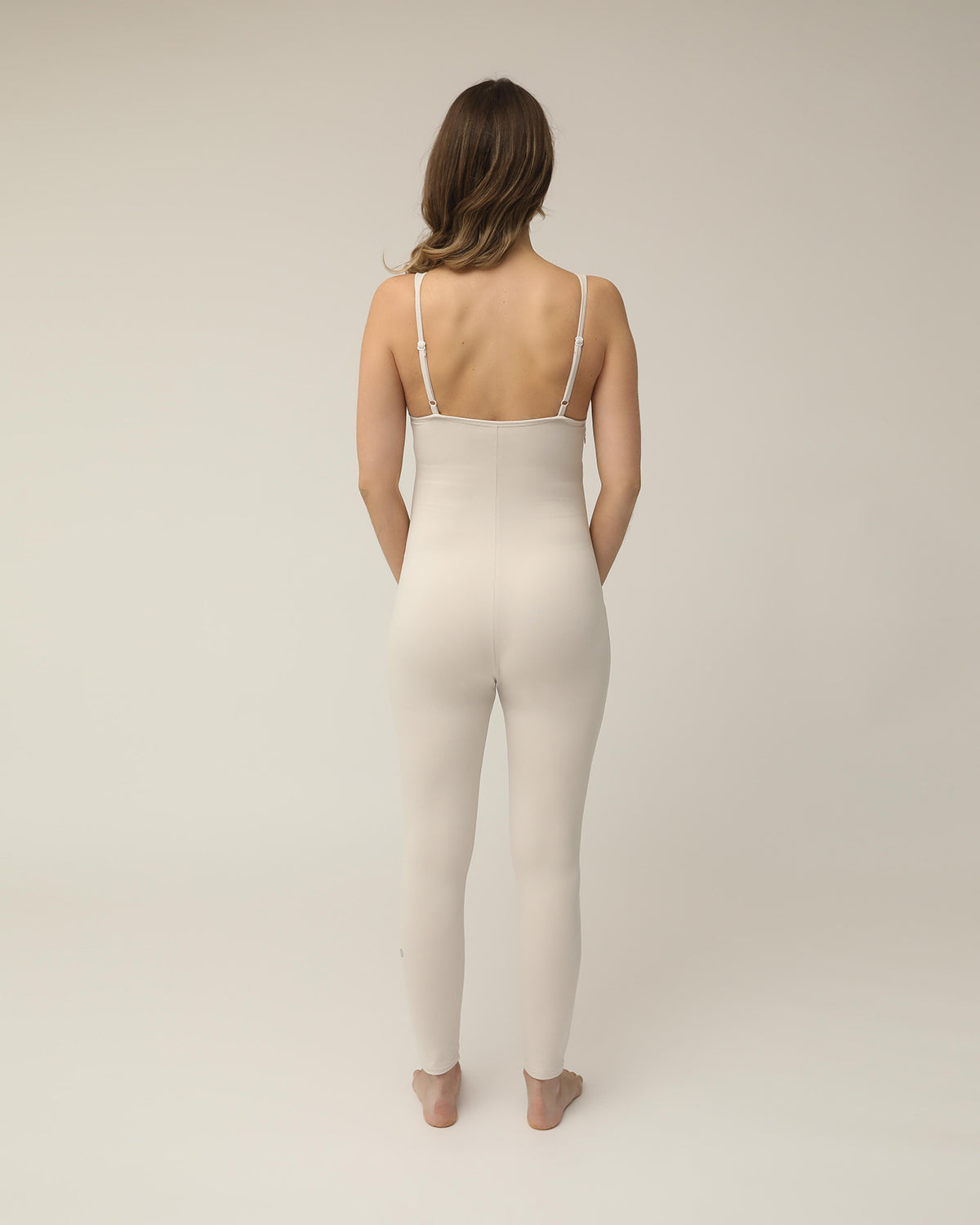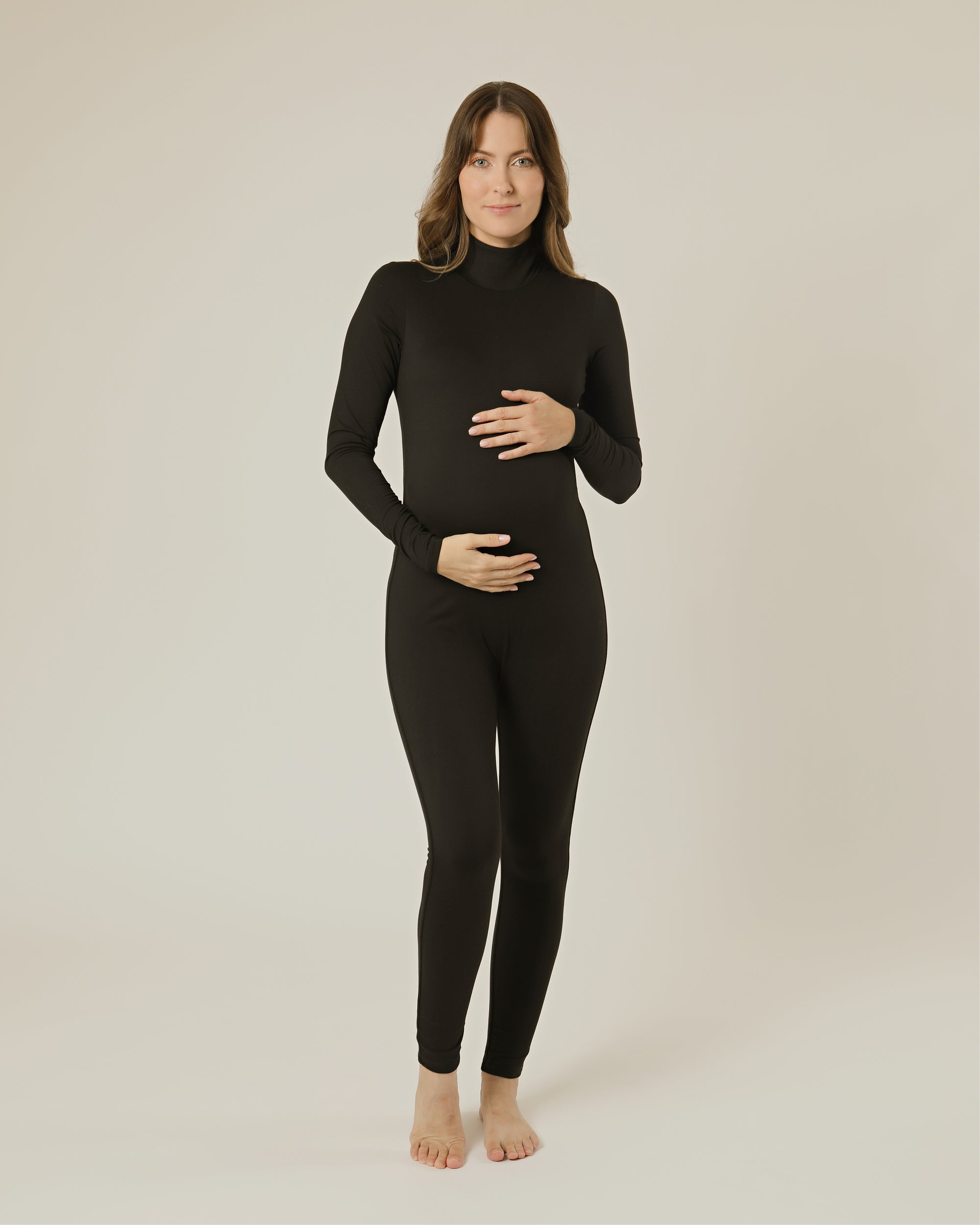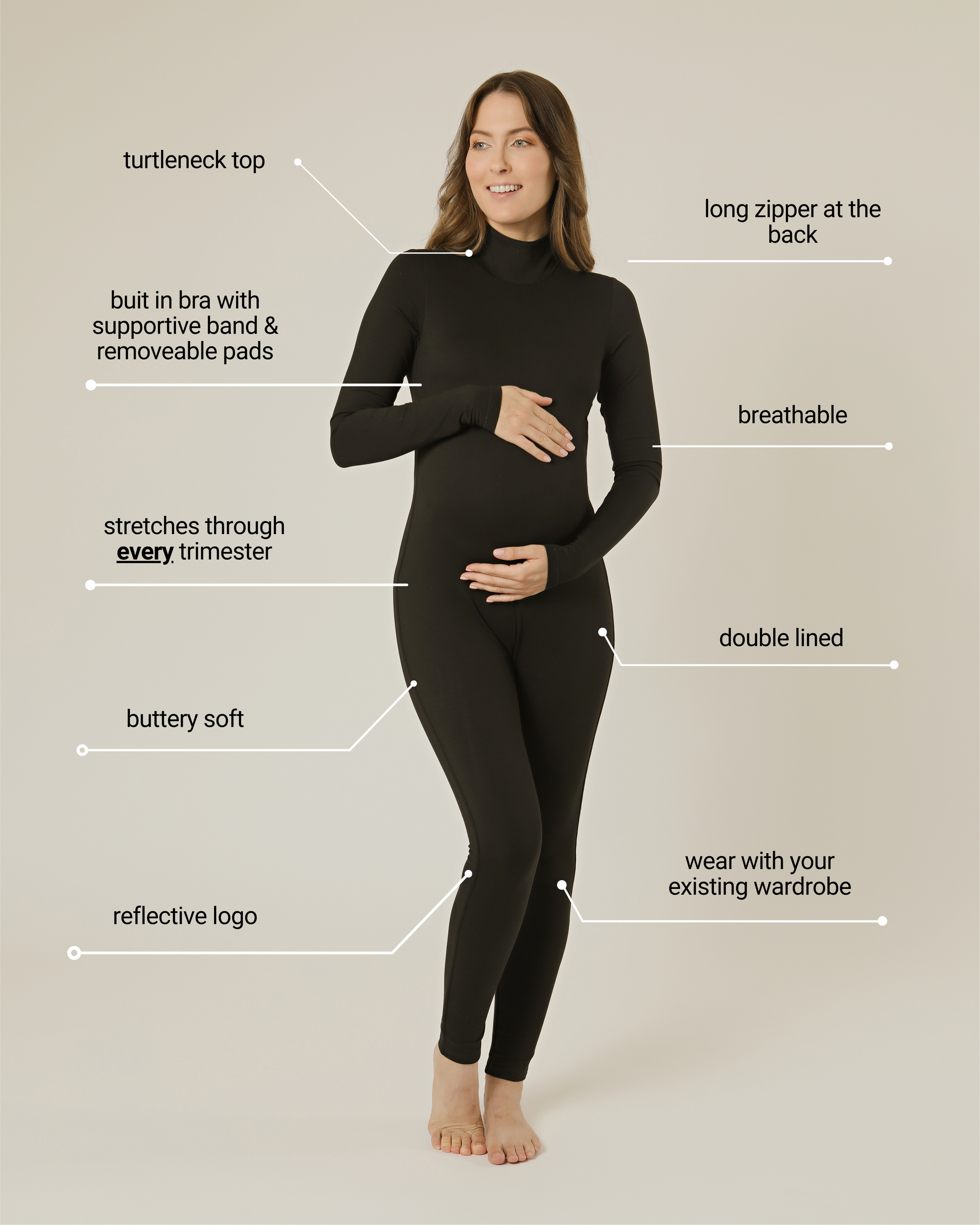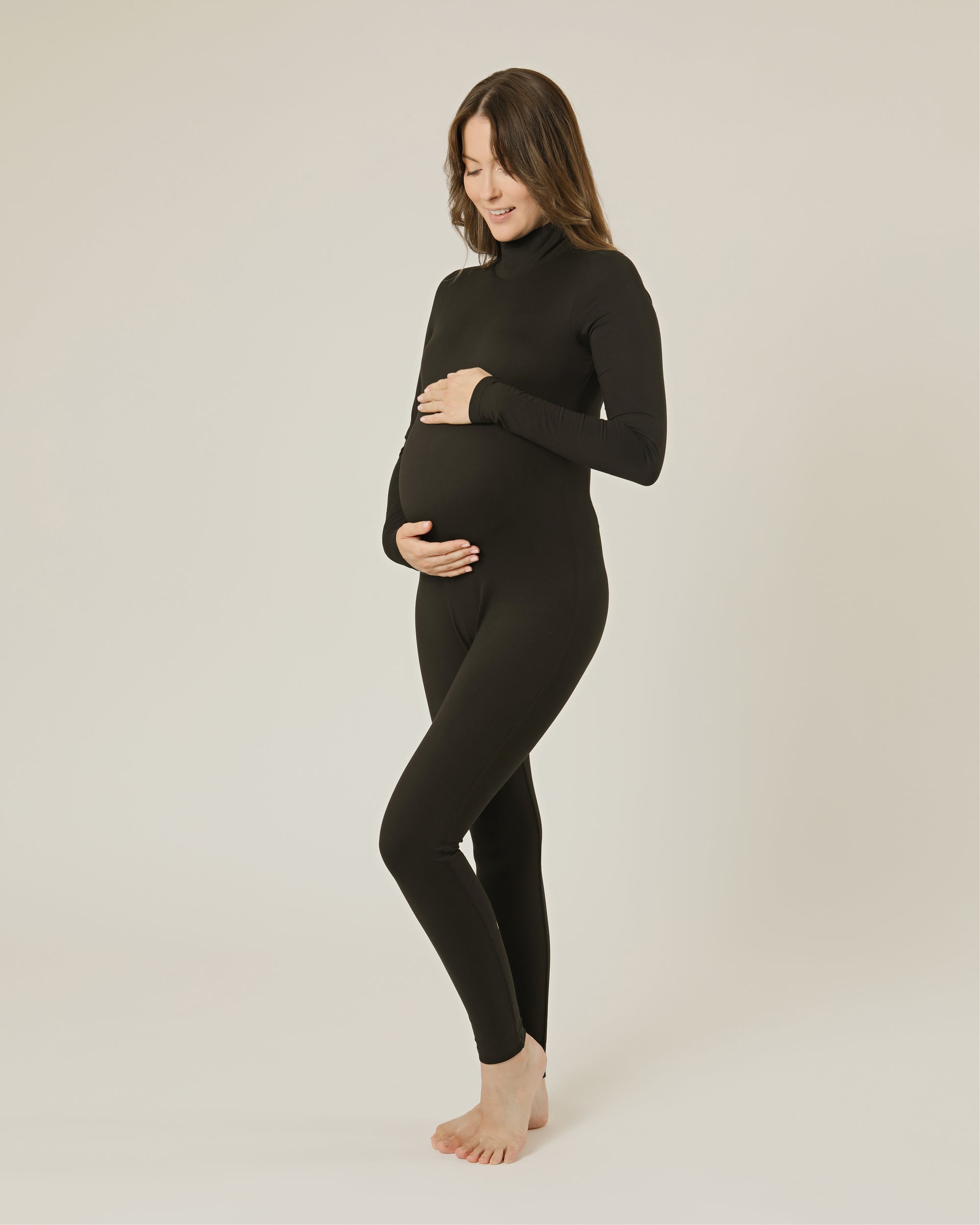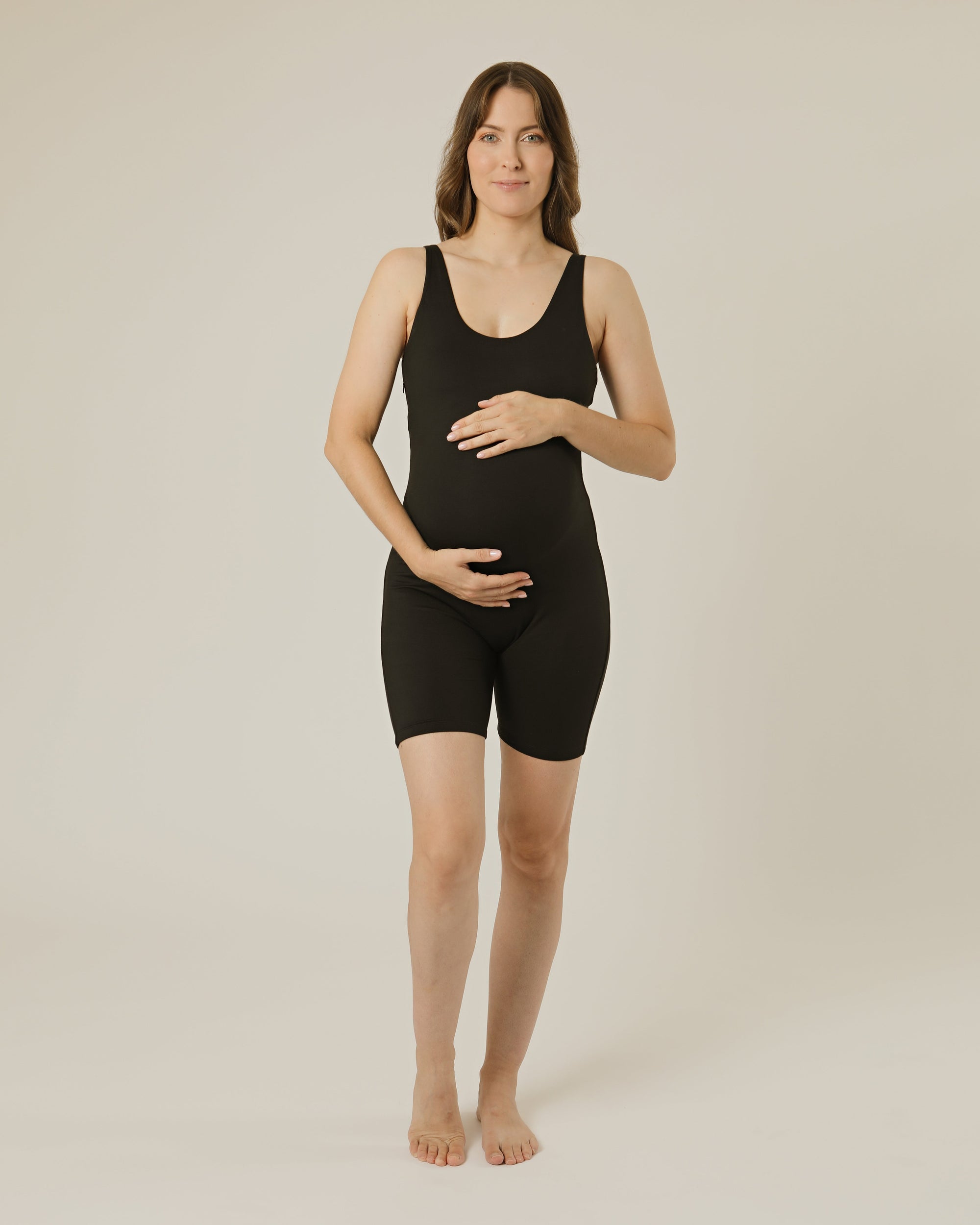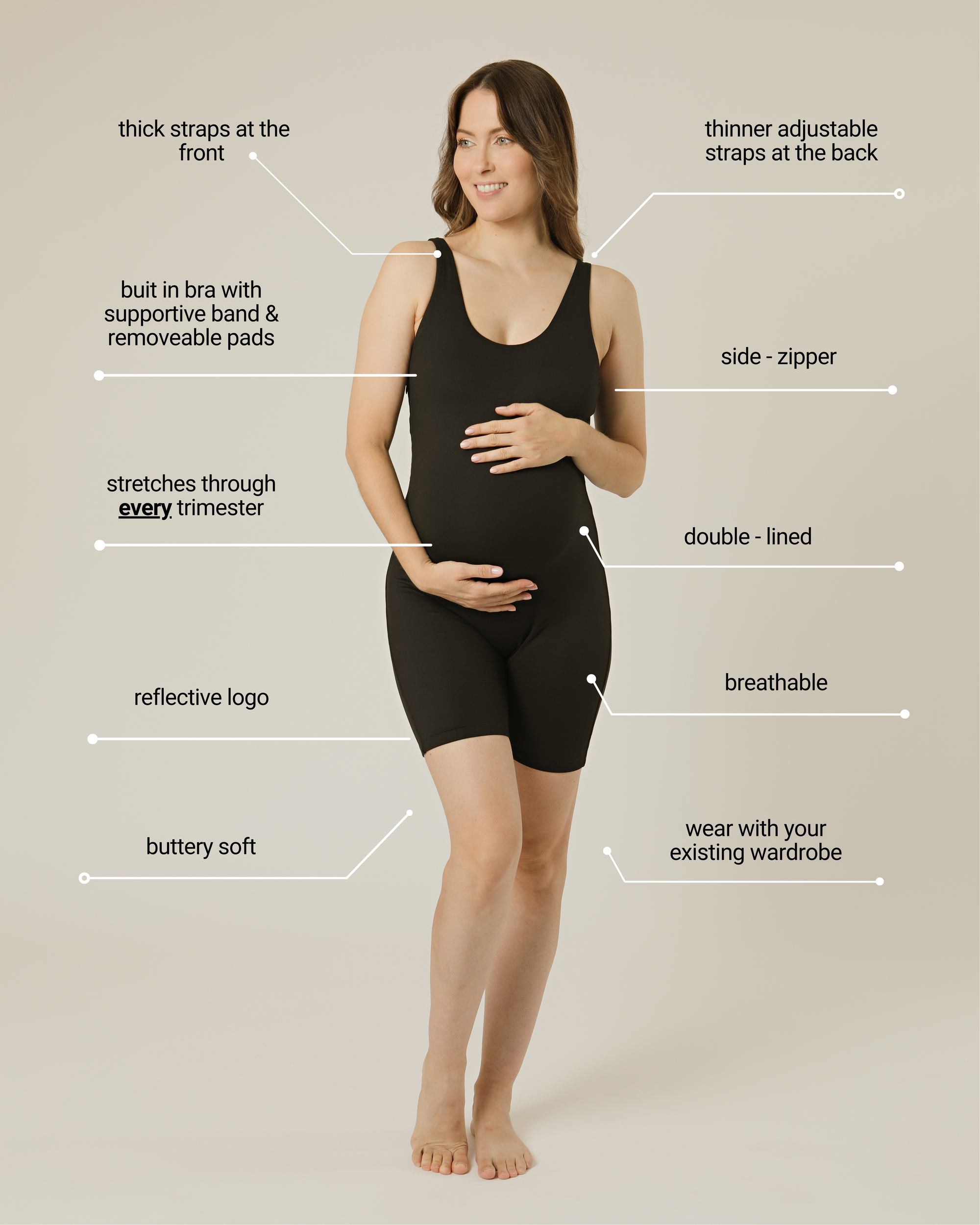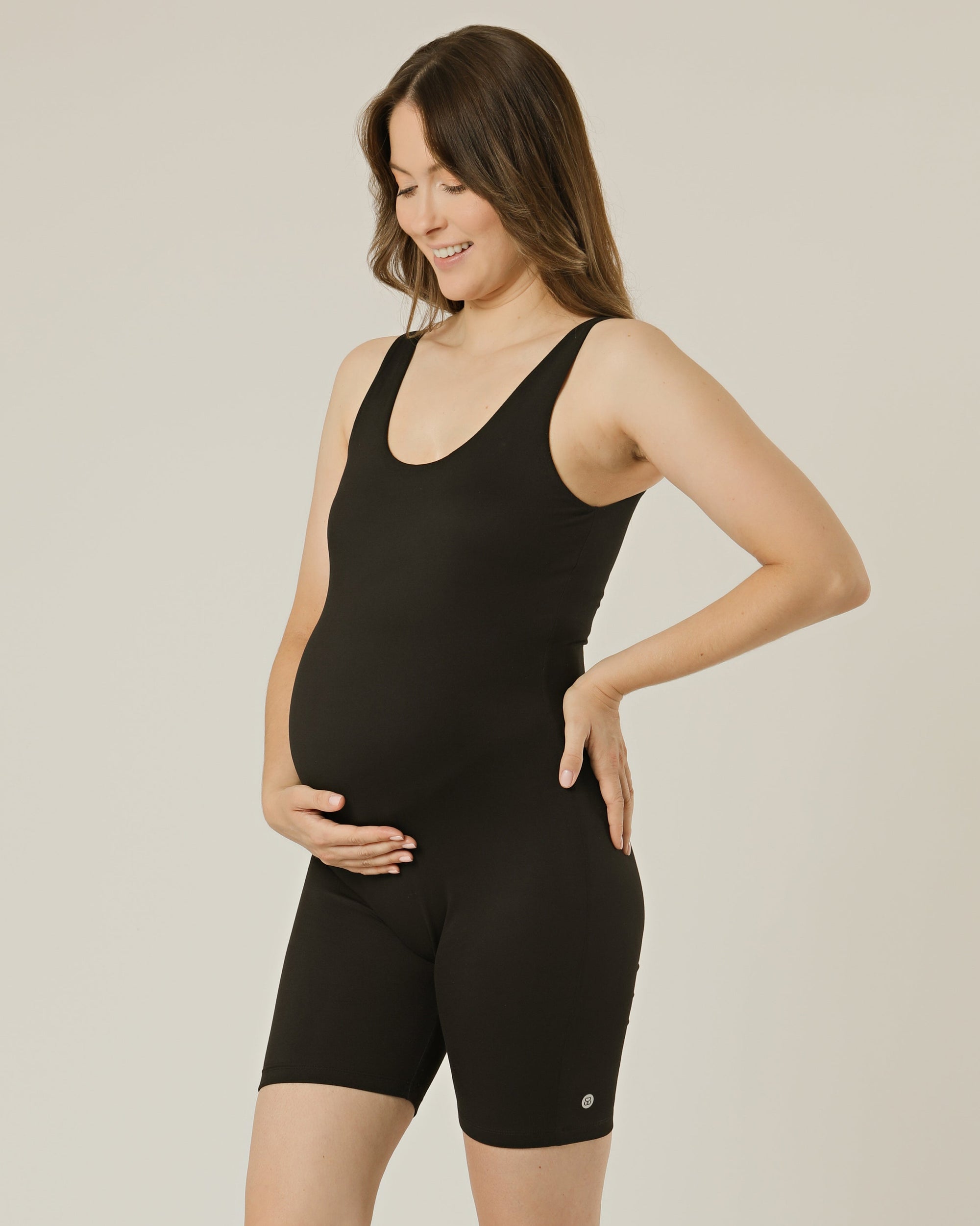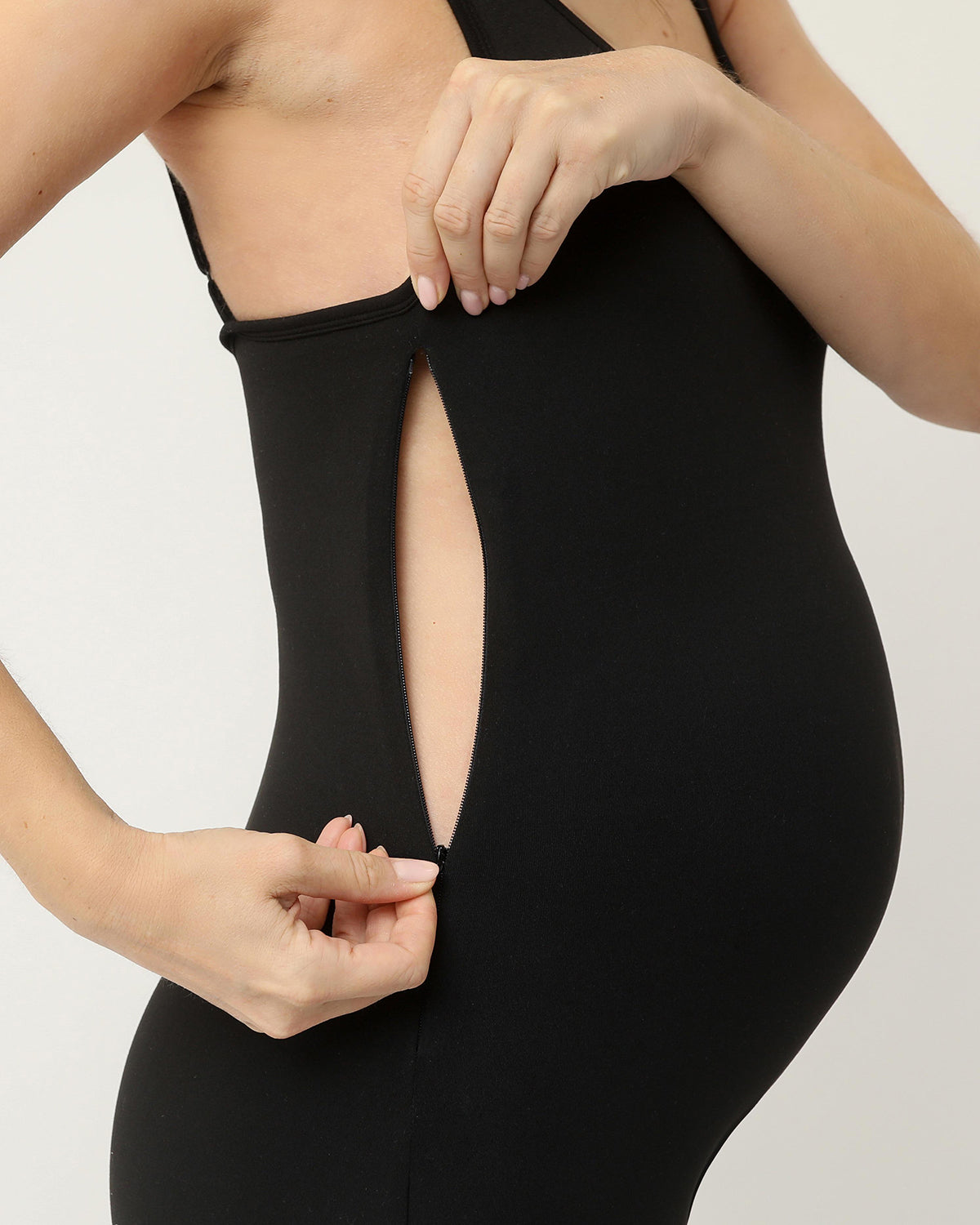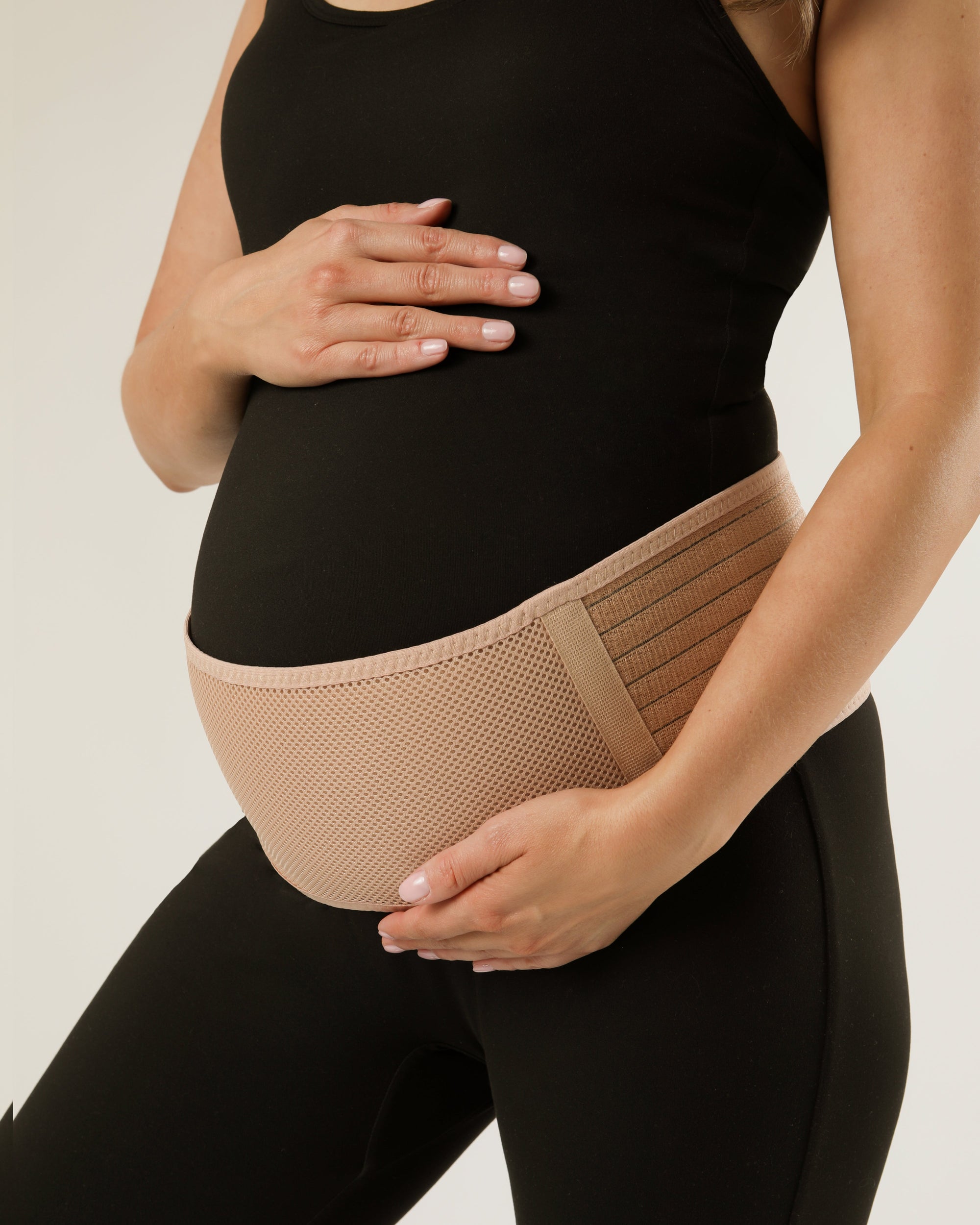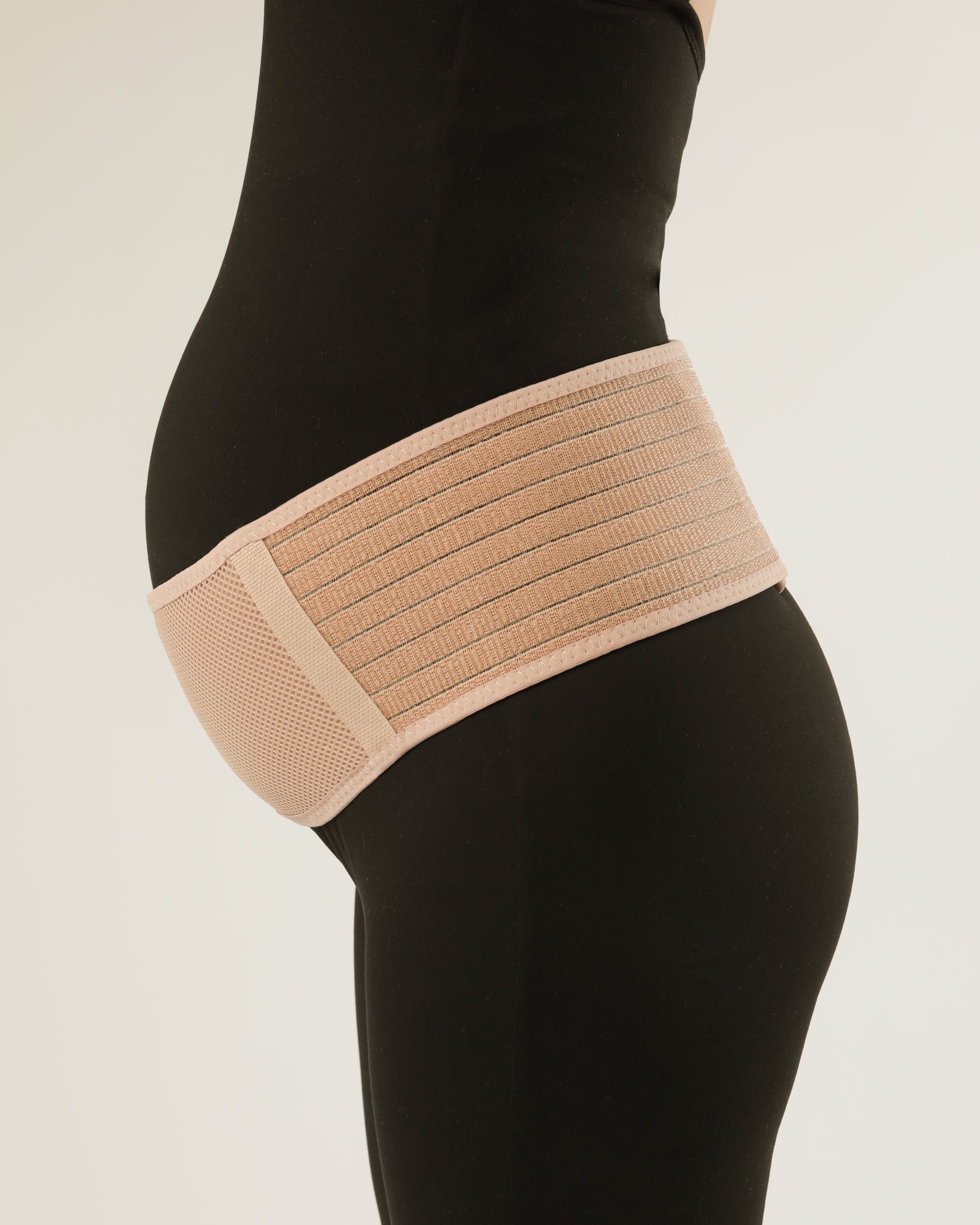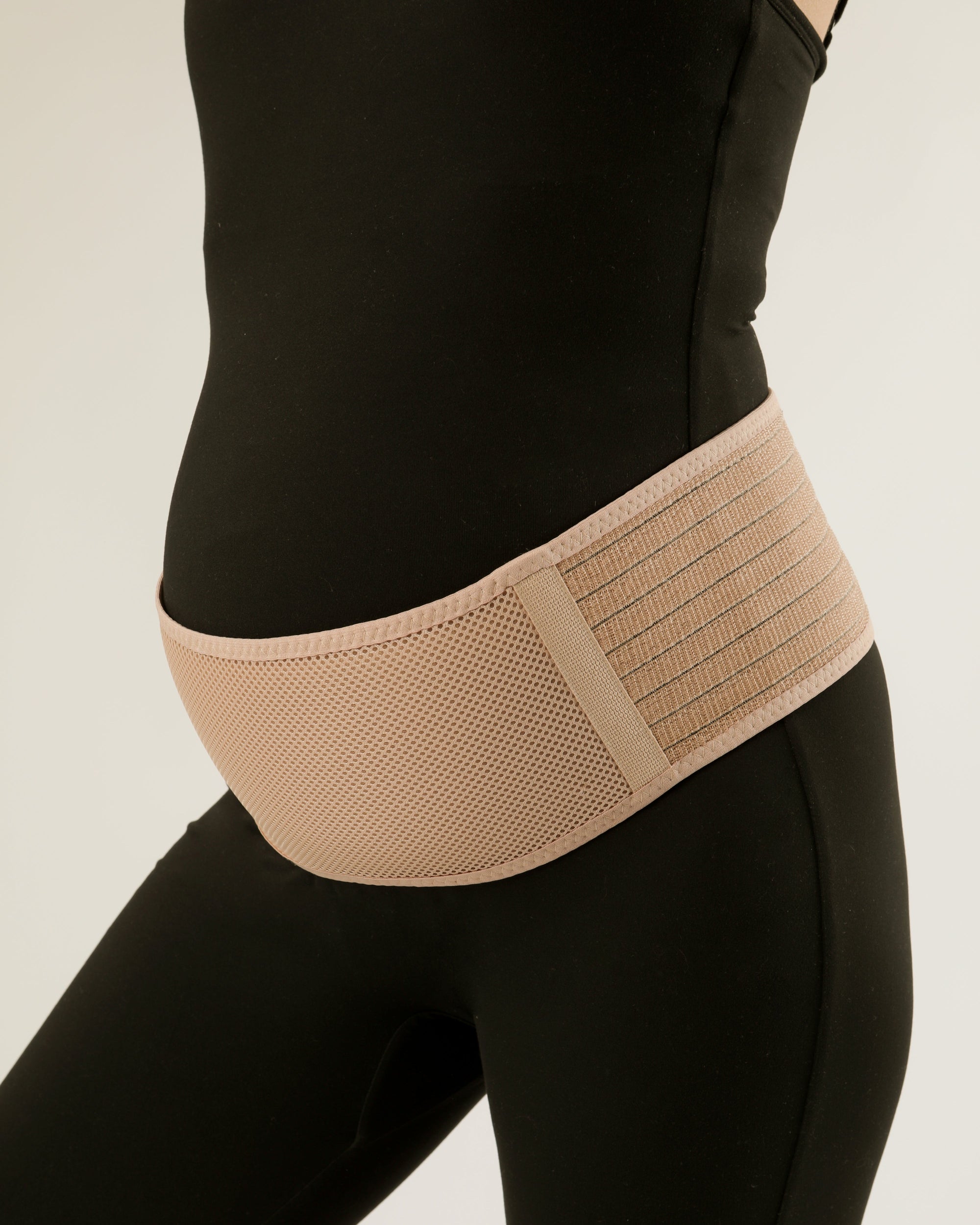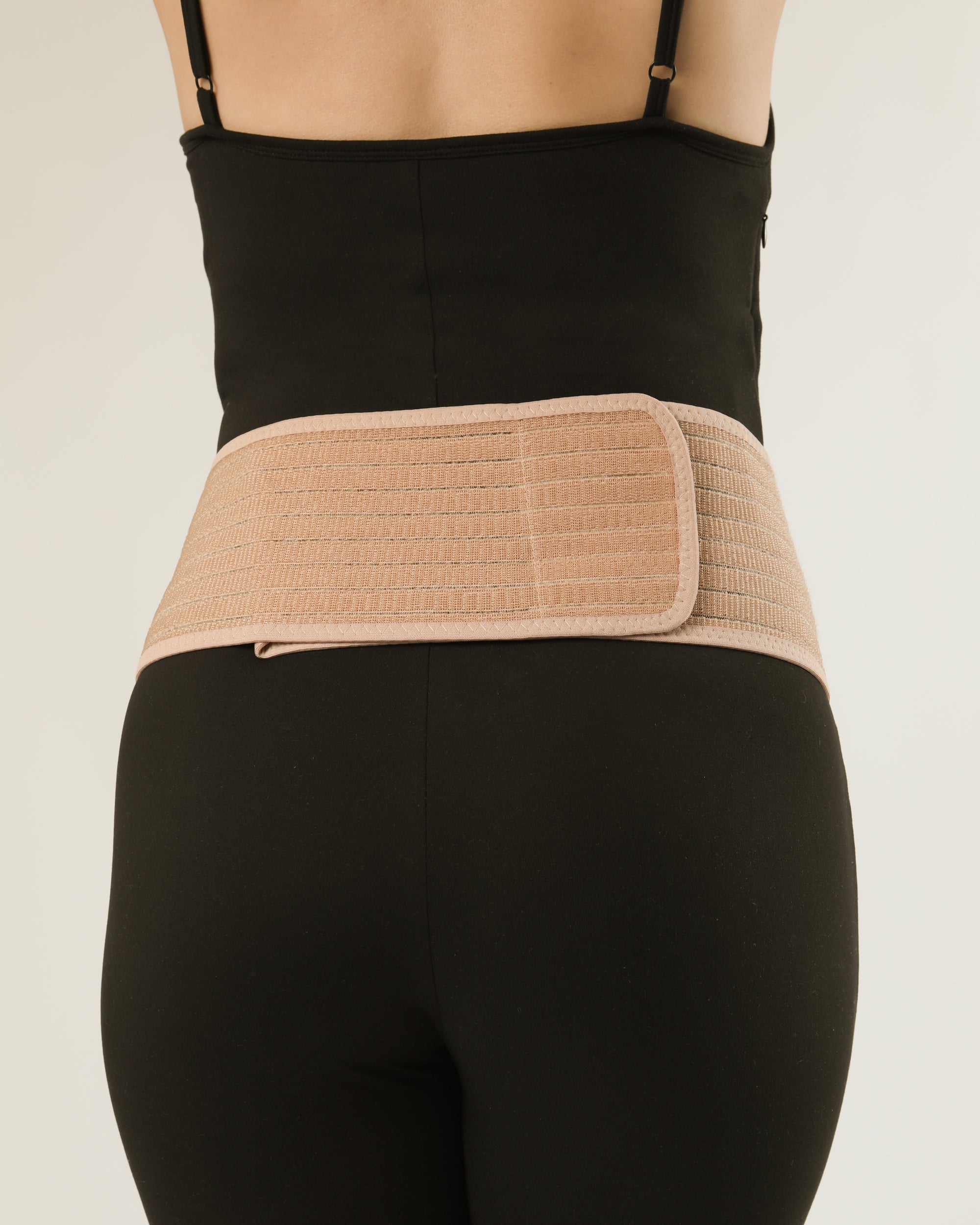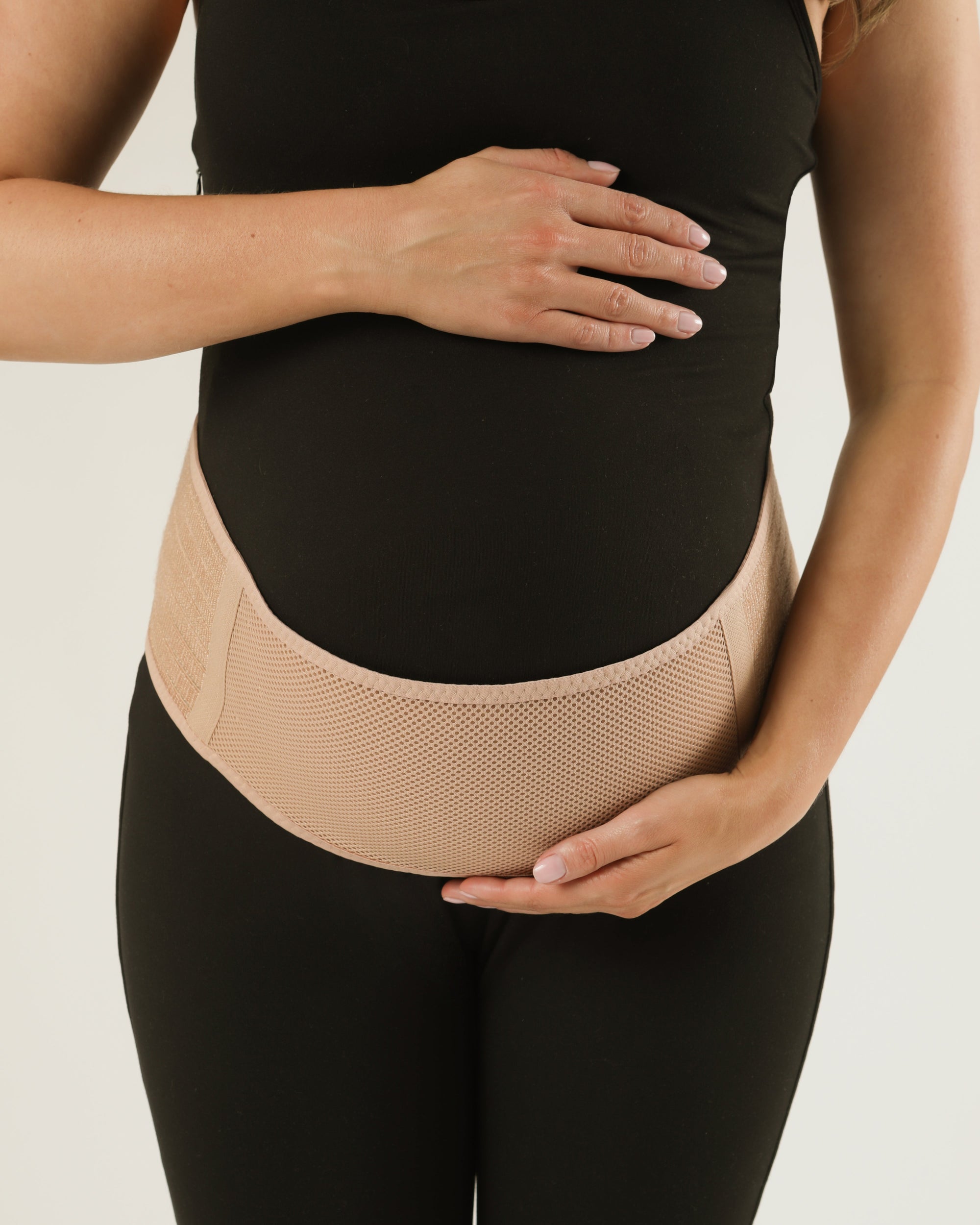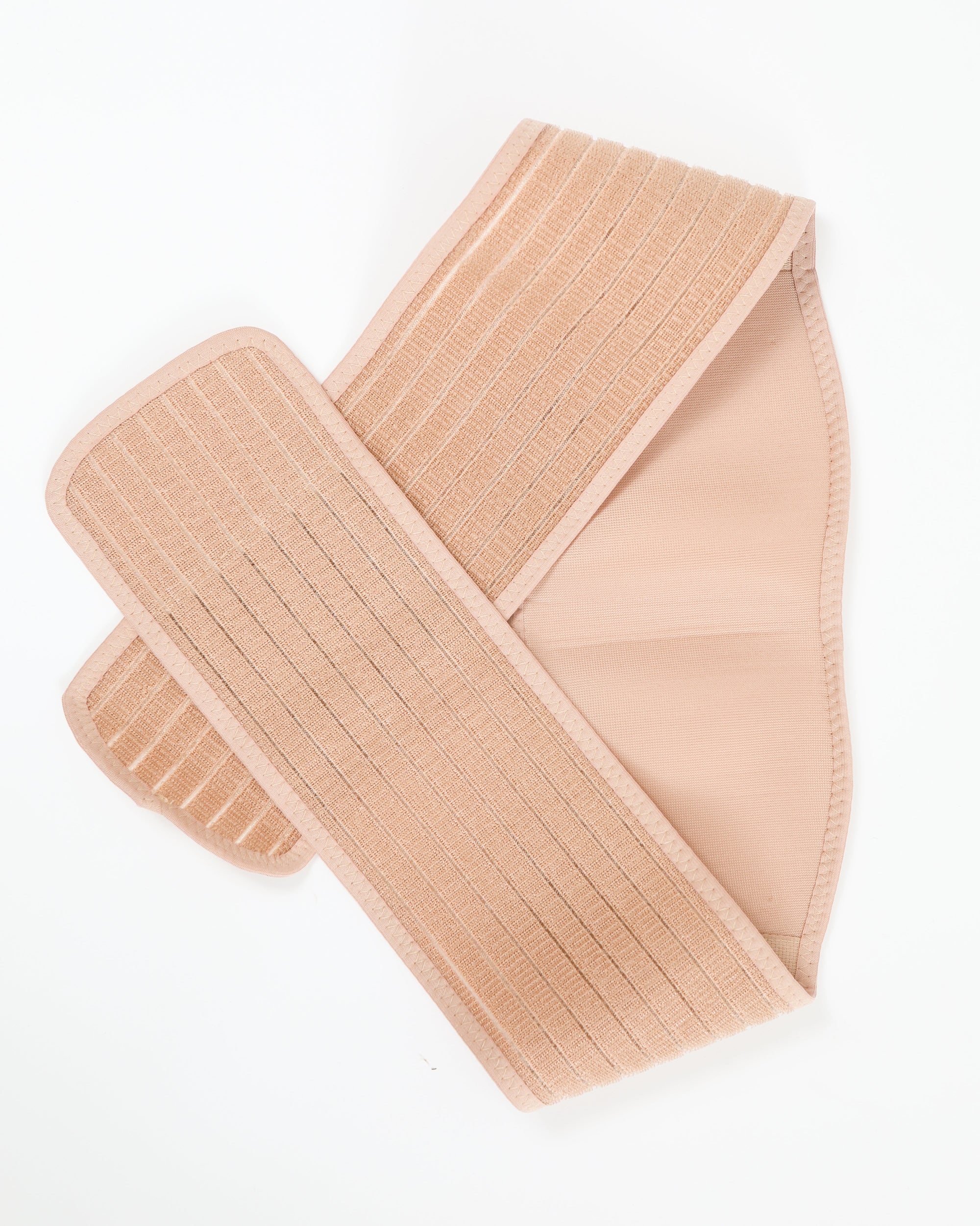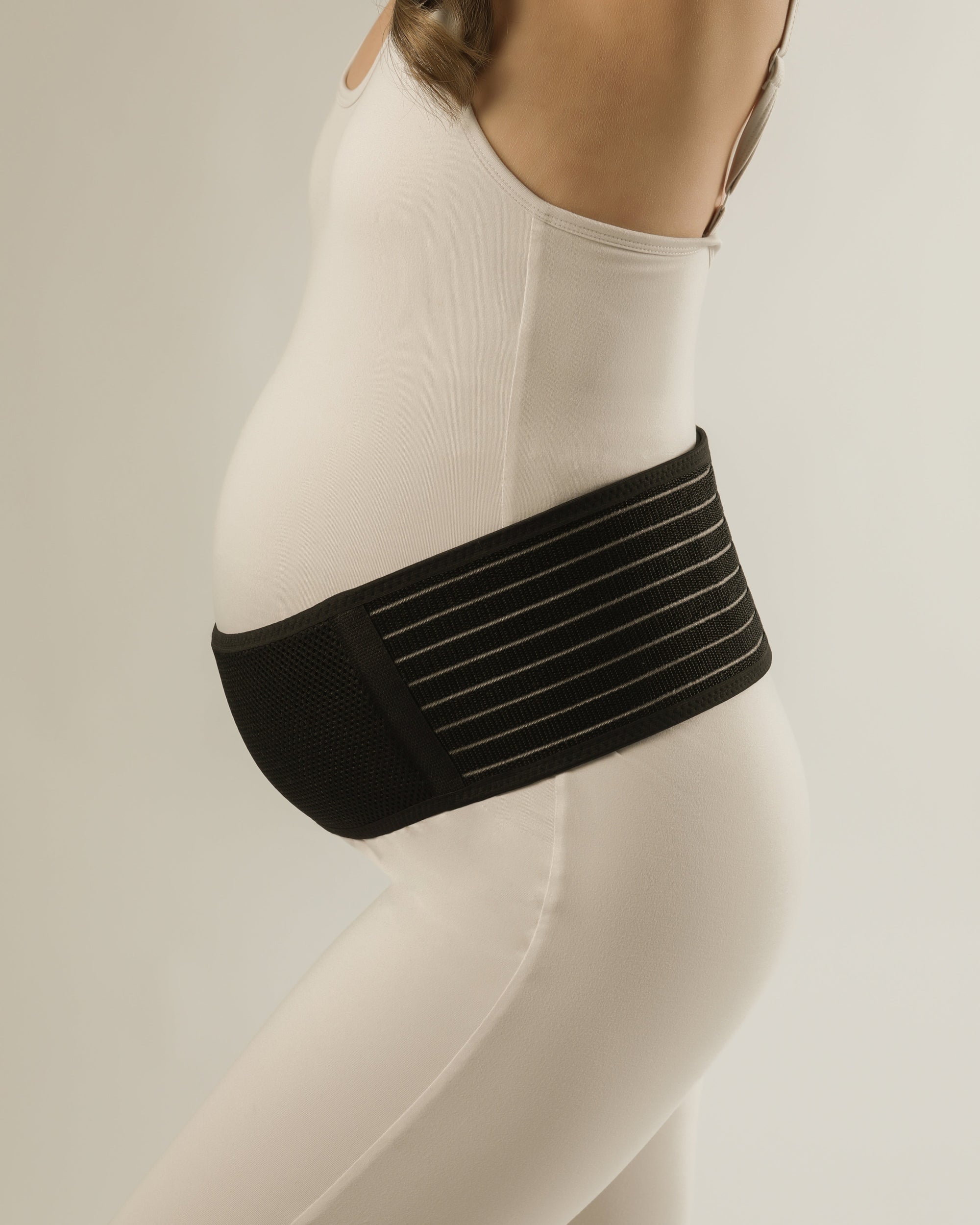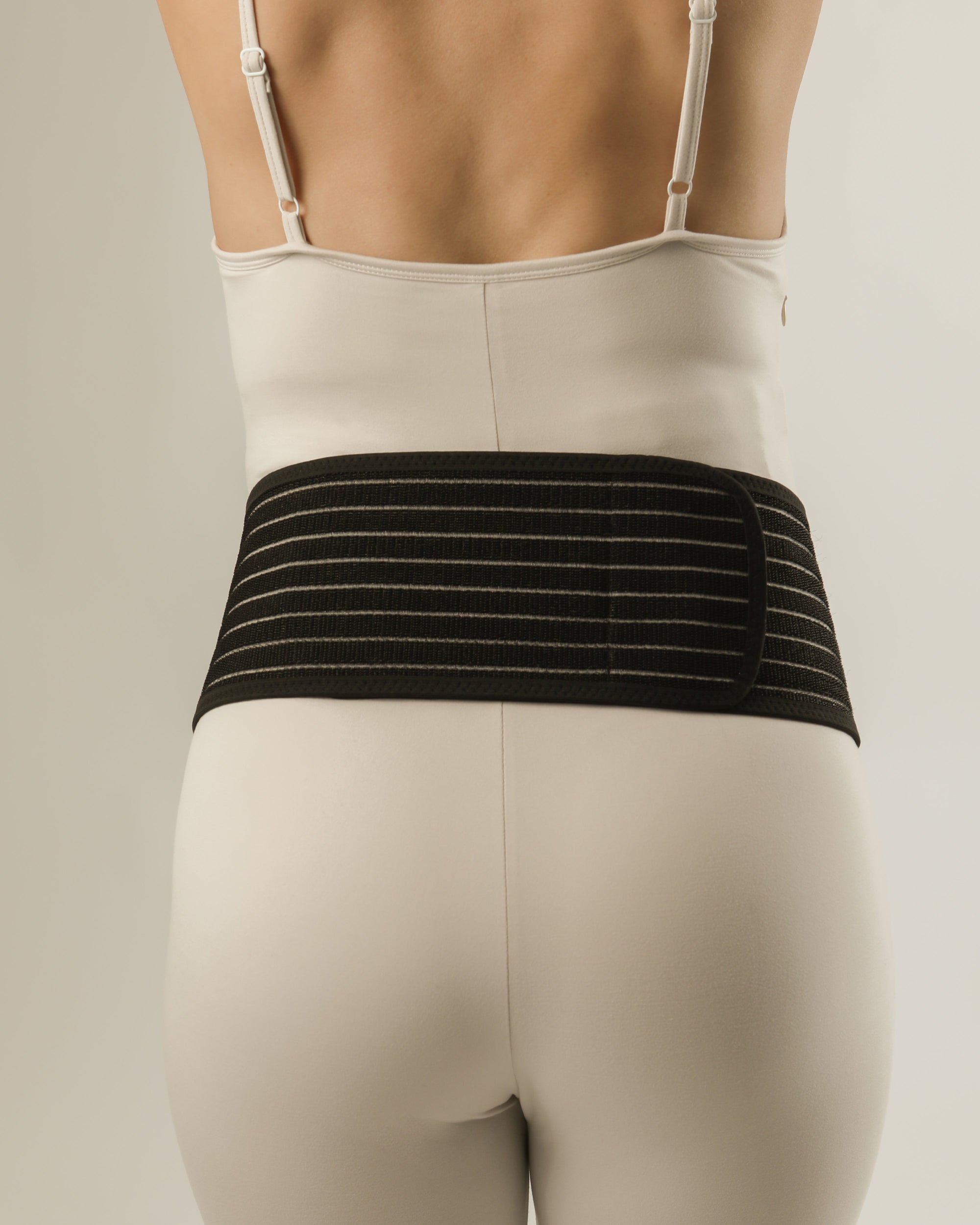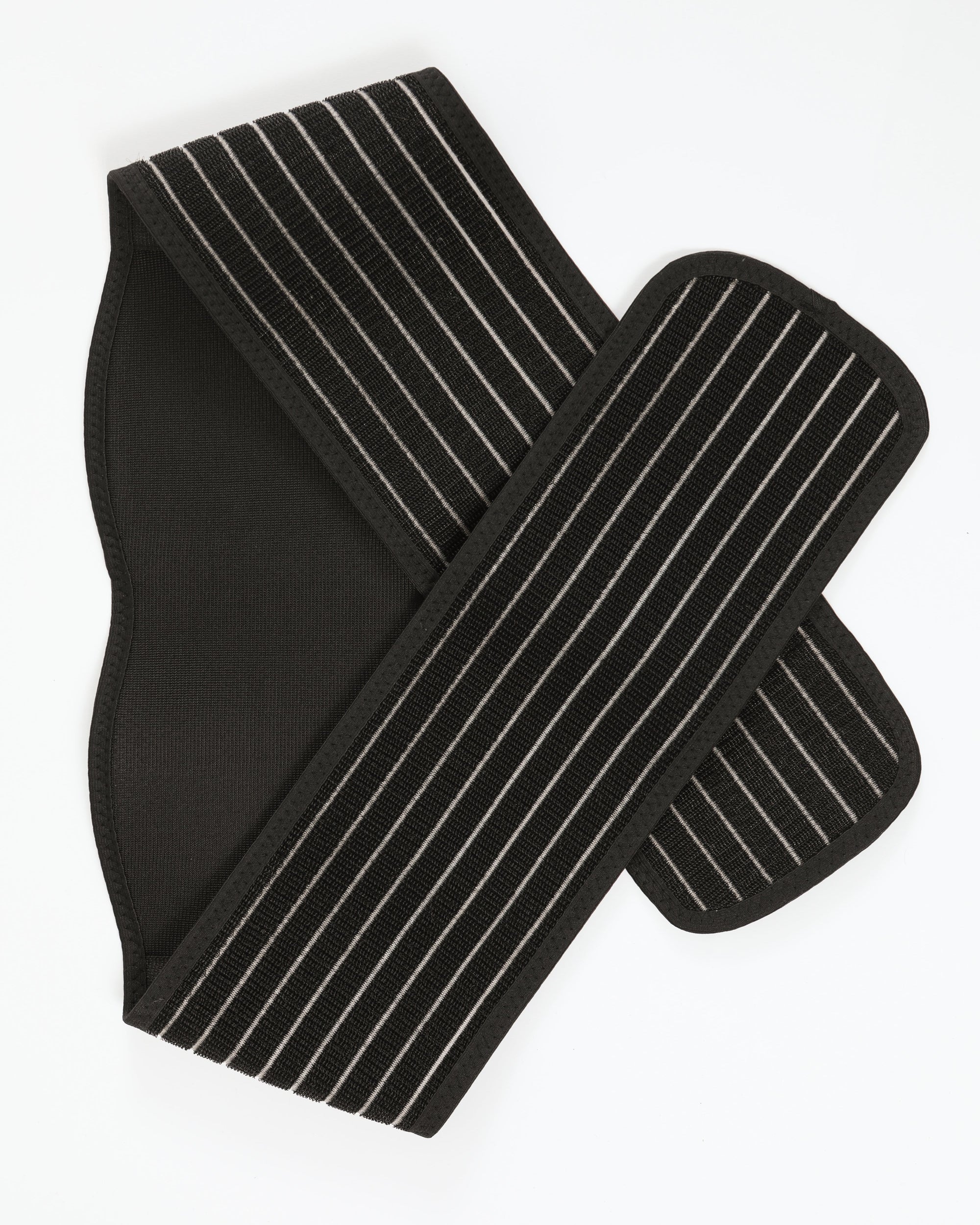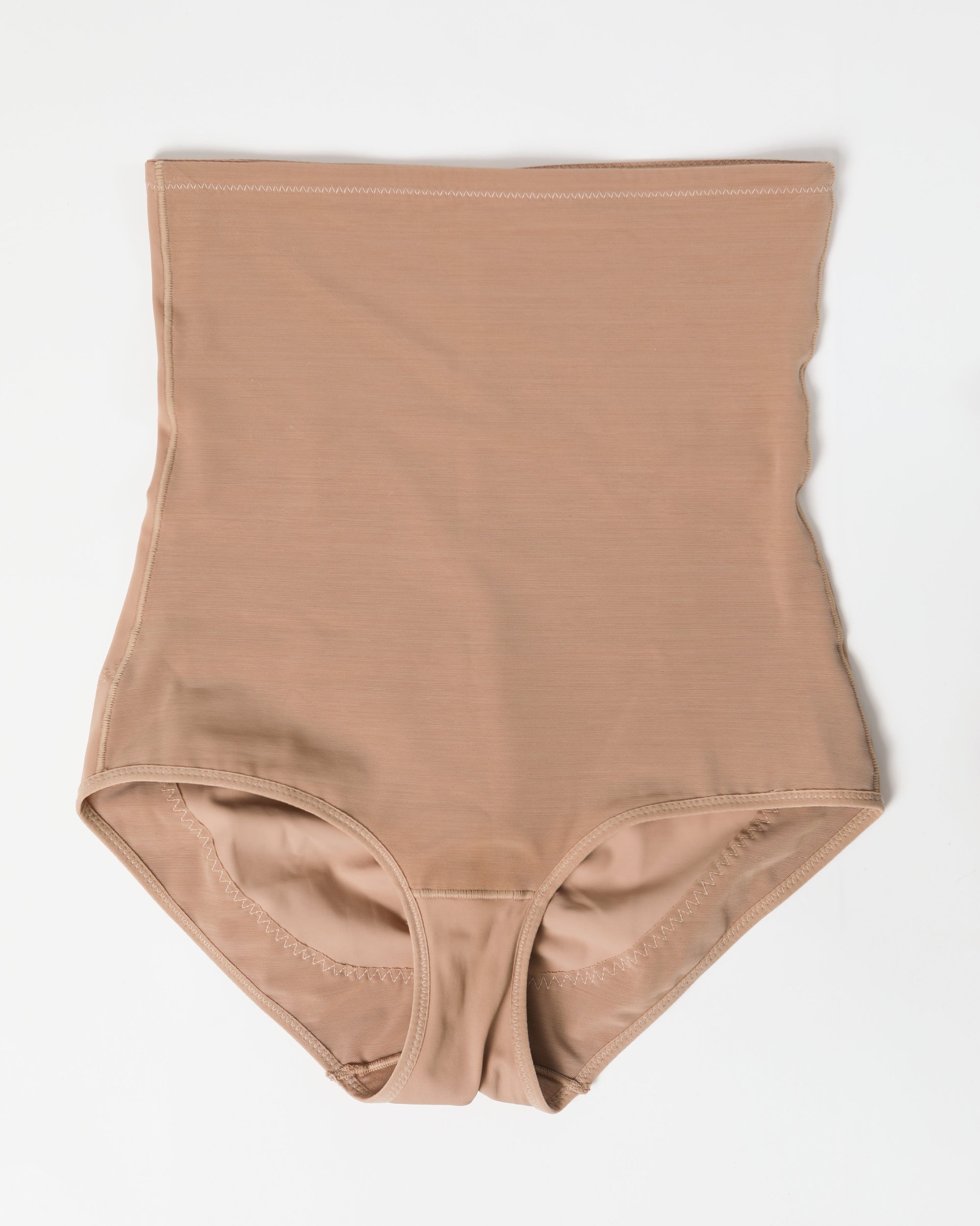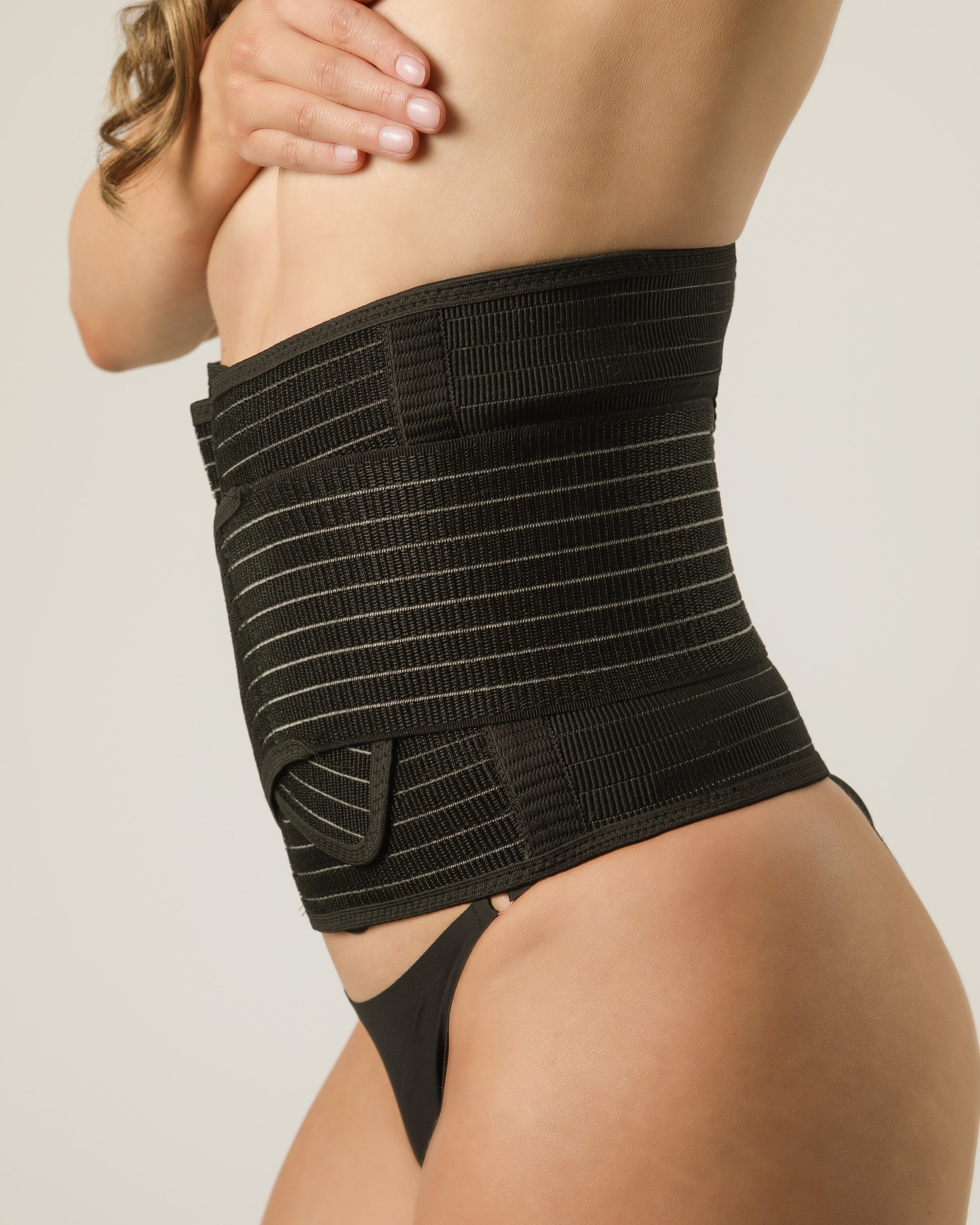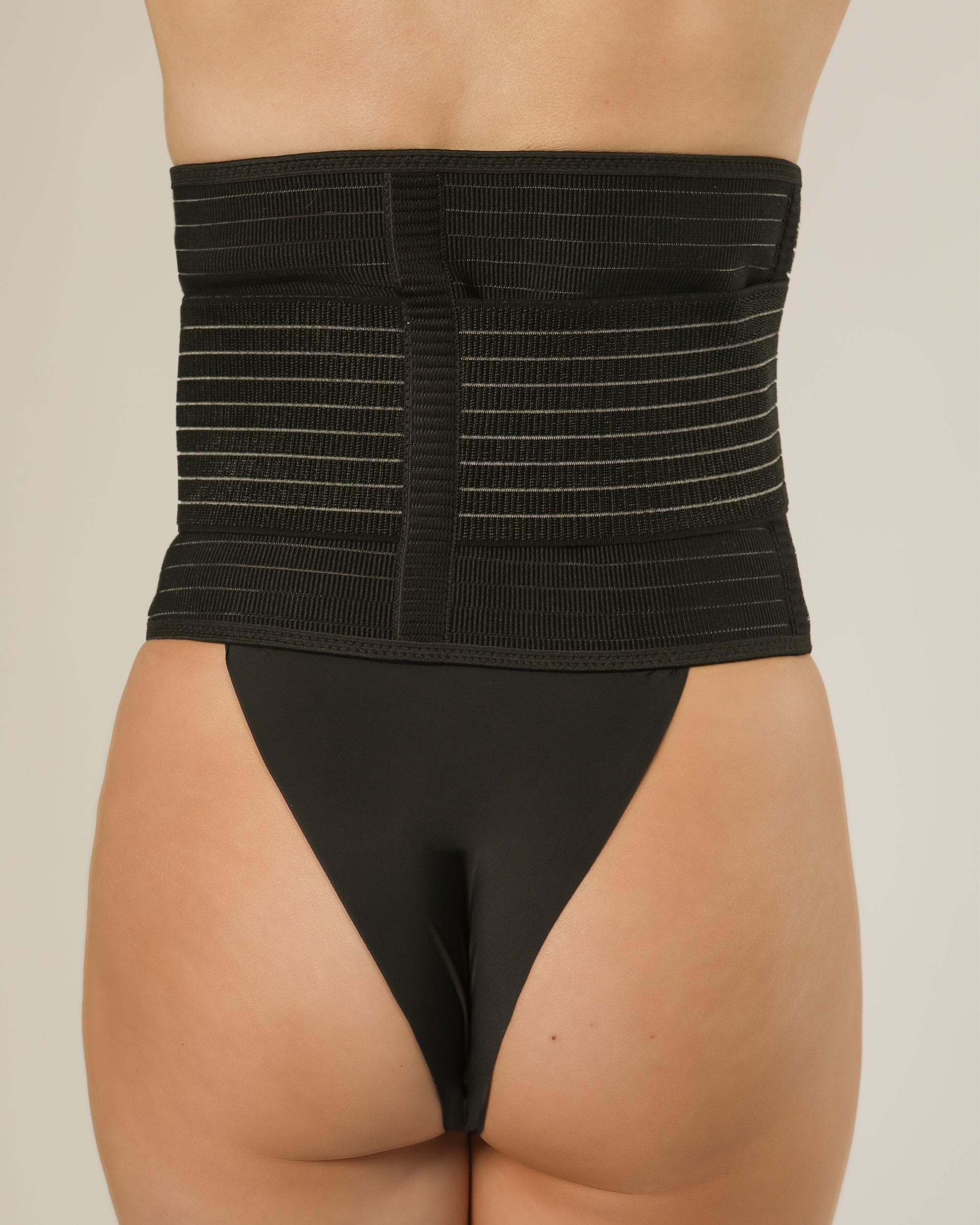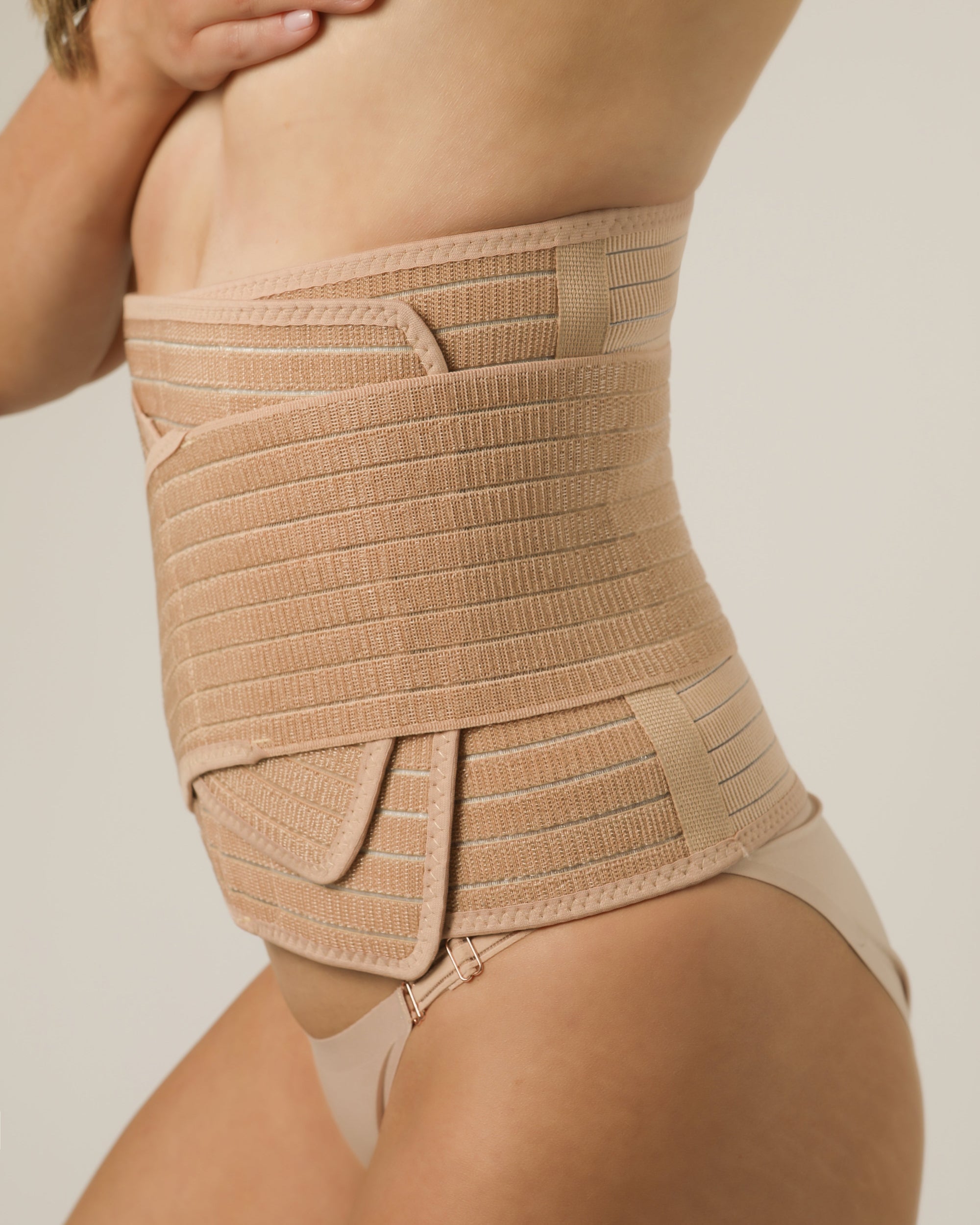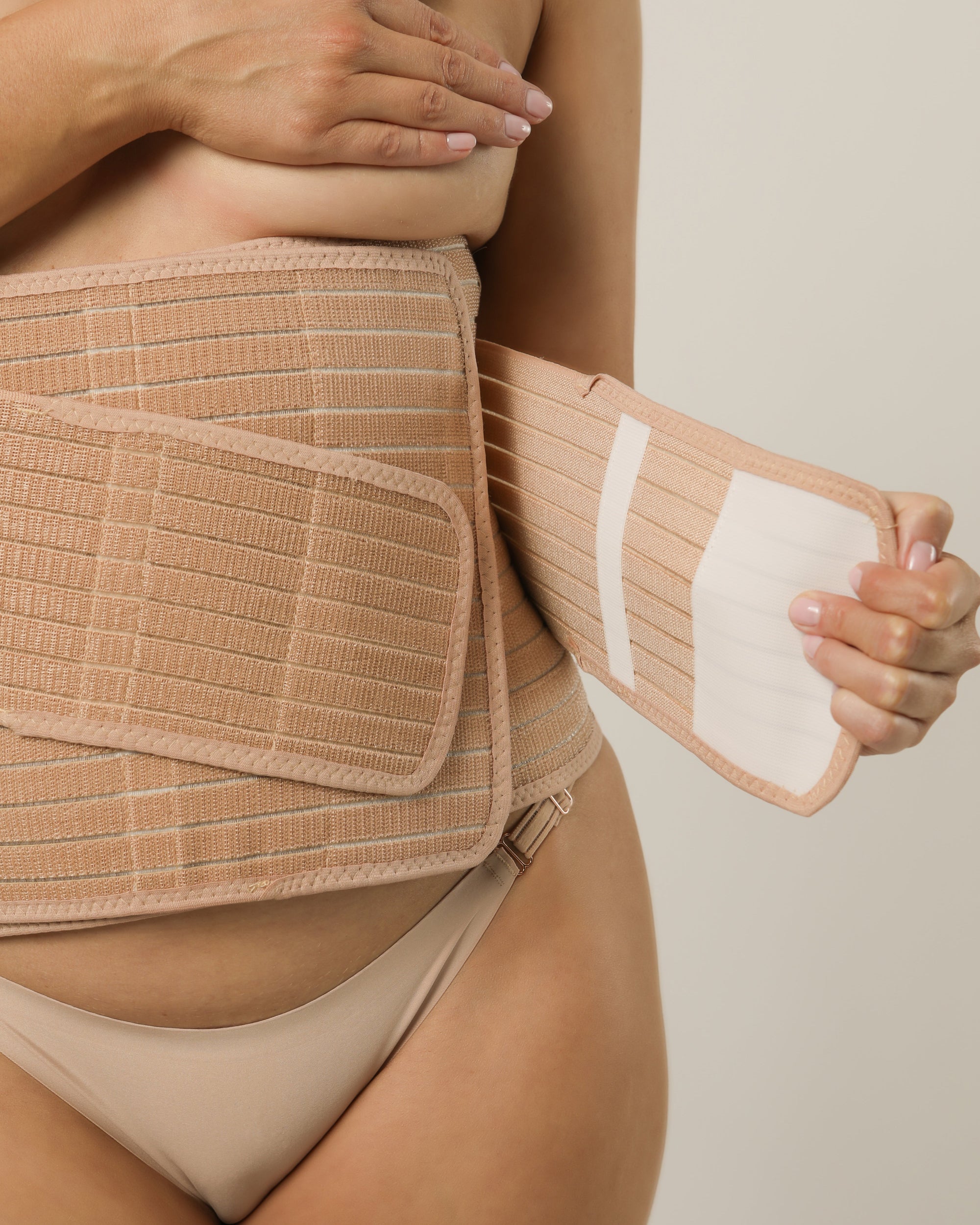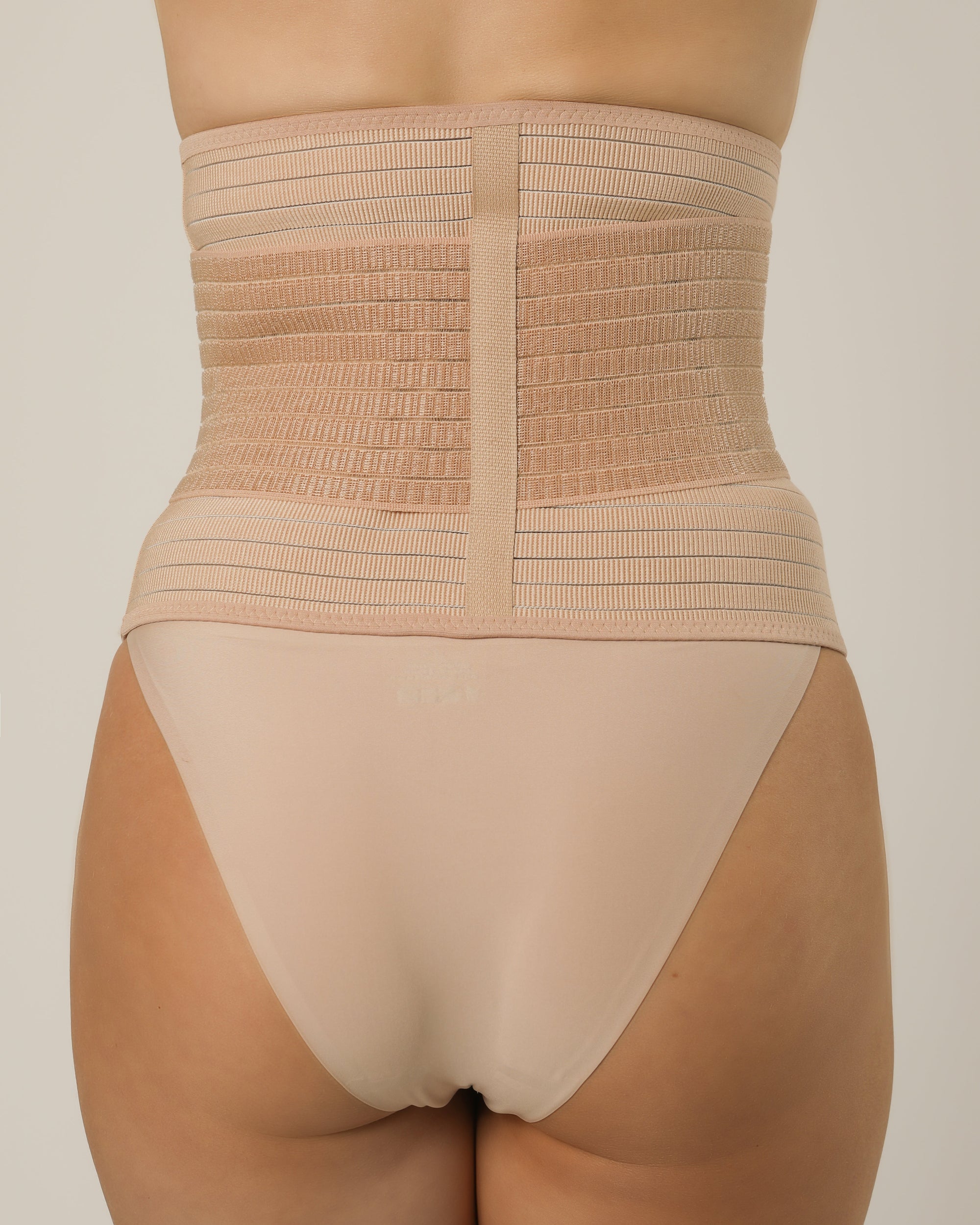Pregnancy brings a whole new level of body awareness. Suddenly, things you never thought twice about, like how you sleep, start to matter more.
One common question many pregnant women ask is: "When should I stop lying on my back?" It’s a great question, and the answer has everything to do with protecting both your health and your baby’s.
Let’s break it down: when, why, and how to adjust your rest without losing sleep over it.
When Should You Stop Sleeping or Lying on Your Back?
Most healthcare professionals recommend avoiding lying flat on your back after the first trimester, around 20 weeks into pregnancy. This is when your uterus begins to grow significantly and can start to press on a major vein in your body called the inferior vena cava.
This doesn't mean a single night on your back will harm you or your baby - so don’t panic if you wake up that way. But regularly sleeping on your back for long periods during the second and third trimesters can cause some concerns.
Why Lying on Your Back Isn’t Ideal in Late Pregnancy
When you lie flat on your back, the weight of your growing uterus can compress:
-
The inferior vena cava, which helps return blood to your heart
-
The aorta, the main artery that carries blood from your heart to the rest of your body (and your baby)
This compression can:
-
Reduce blood flow to your uterus and baby
-
Lower your blood pressure, making you feel dizzy or lightheaded
-
Cause shortness of breath, nausea, or heart palpitations
-
Potentially restrict oxygen and nutrients to your baby over time if this position is used consistently
What’s the Best Position for Sleep and Rest During Pregnancy?
The safest and most comfortable sleep position is on your left side. This position:
-
Promotes better blood flow to your heart, uterus, and baby
-
Helps your kidneys remove waste more efficiently
-
May reduce swelling in your feet, ankles, and hands
-
But don’t stress about perfection - either side is okay. Just try to avoid extended time flat on your back.
What If You Wake Up on Your Back?
This happens to almost everyone! The important thing is not to panic. Your body naturally shifts positions during the night, and if something is truly wrong, you’ll usually wake up with discomfort or feel lightheaded. Just gently turn onto your side and settle back in.
How to Make Side-Sleeping More Comfortable
Pregnancy comes with enough discomfort, but you can make sleep easier by:
-
Using a pregnancy pillow or placing pillows between your knees and under your belly
-
Sleeping with a pillow behind your back to prevent rolling onto it
The Bottom Line
It’s time to stop lying flat on your back around mid-pregnancy (20 weeks) to protect your blood flow and support your baby’s growth. Don’t panic if it happens occasionally - just try to make side-sleeping your new normal, especially when resting for long periods.
Remember: your comfort and your baby’s safety are connected. Listen to your body, make gentle adjustments, and know that every shift you make is part of the beautiful, protective work of becoming a mother.
Don't forget to check out our best-selling Maternity Jumpsuit with Built-in-Bra for ultimate comfort.
Much love
Simone

*Disclaimer, please always seek help from a healthcare professional






